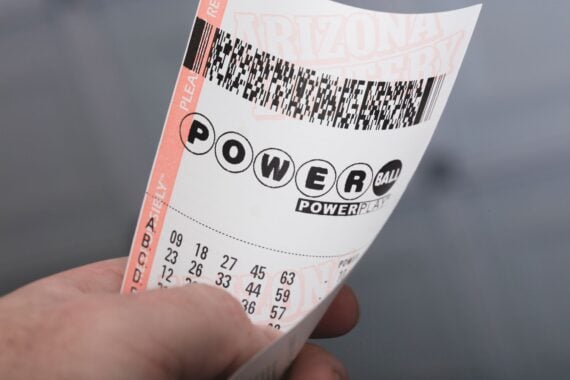The lure of the lottery is powerful. Just pony up a few bucks for a ticket while you’re buying a coffee at the corner store, and a few days later, all your dreams could come true. That line of thinking compels U.S. consumers to spend more on lottery tickets than books, movies, video games, sporting events, and music combined. In total, we spend more than $103 billion a year on a fantasy that likely won’t come true. And for the tiny minority who beat the odds, the dream sometimes becomes a nightmare.
You’re Absolutely, Positively Not Going to Win
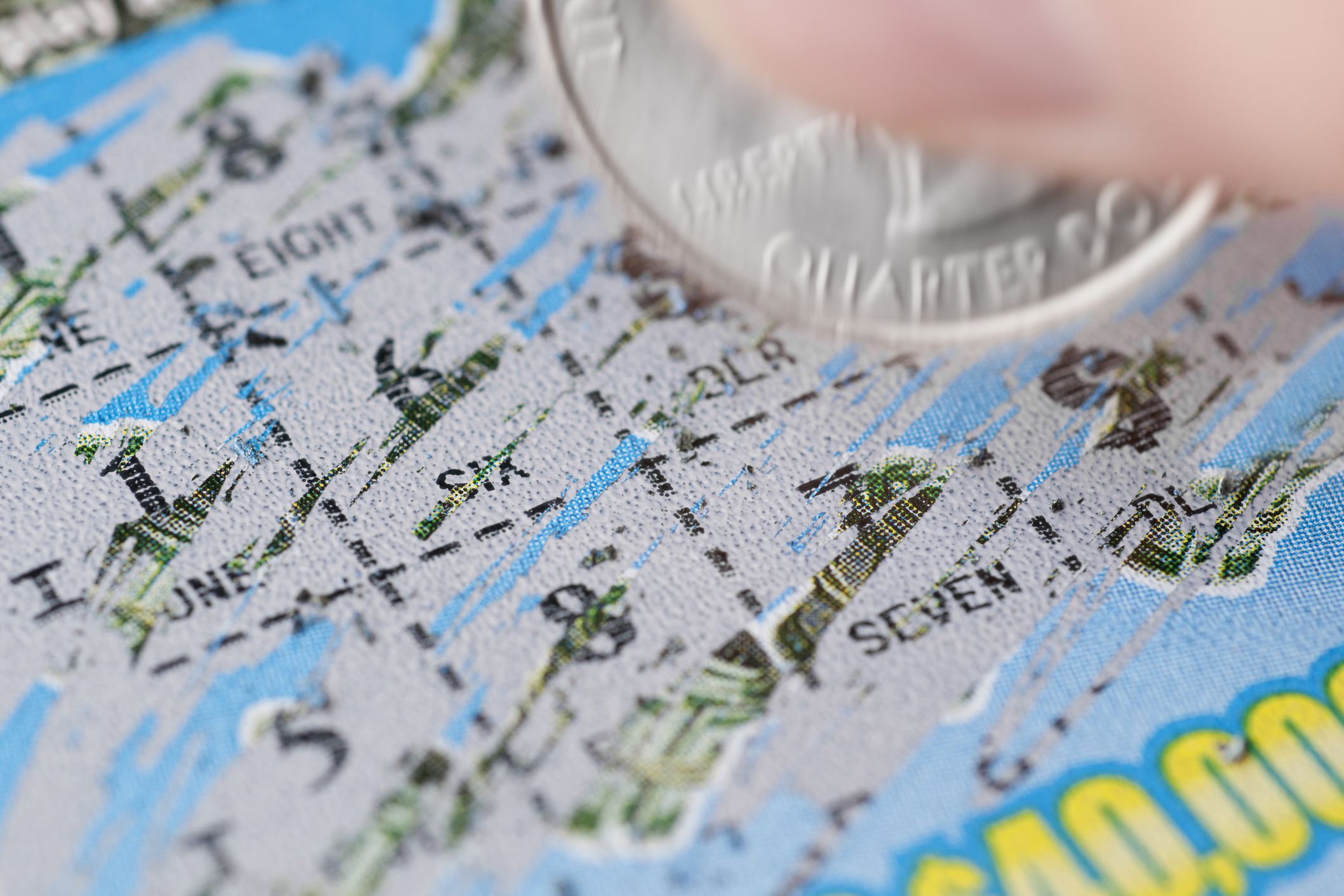
The odds of winning the Powerball grand prize are 1 in 292.2 million. CNBC provides some context for that hard-to-grasp number. It’s almost certain that you won’t die from a shark attack, and the odds of that happening are a much more reasonable 1 in 3.7 million. The odds of dying in an asteroid strike are 1 in 1.9 million, which seems like a virtual guarantee compared with the lottery. If any other situation had 1 in 300 million odds of success, it would be considered a lost cause.
Winning Paints a Bullseye on Your Back
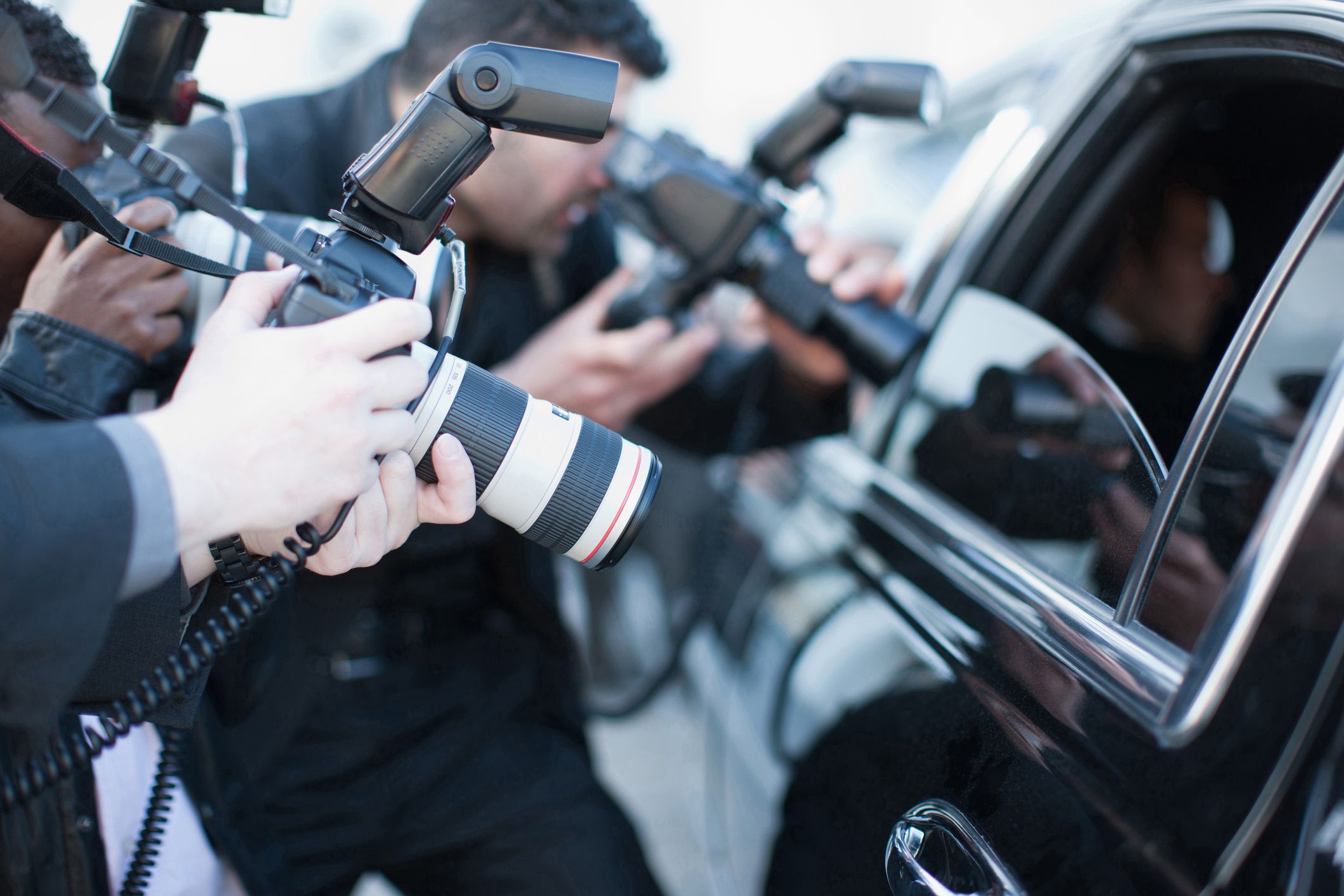
If you happen to win a big prize, and you live in a state that requires public disclosure (or even if you don’t but you’re otherwise revealed as a winner), plan for a whole bunch of unwanted attention. You’ll suddenly be one of the world’s biggest targets for scam artists, fraudsters, blackmailers, and people who file frivolous lawsuits for a living.
It Ruins Lives and Relationships
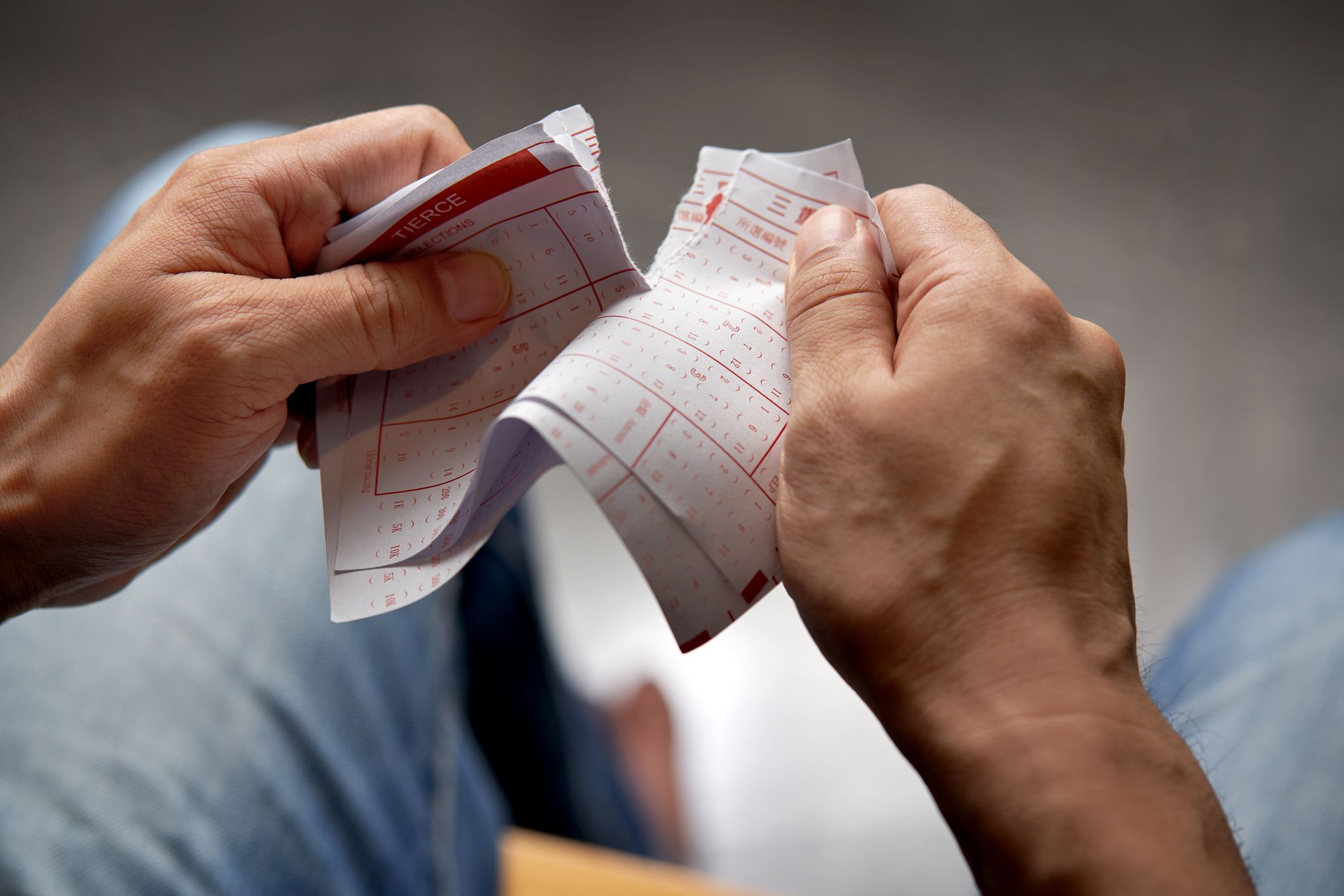
Time is just one of many publications to report on the so-called lottery curse. The sudden arrival of a massive cash windfall causes enormous upheaval in the life of the average person. Lottery players are likely thinking about the cars, boats, travel, and freedom that a lucky ticket would bring. They’re probably not thinking about the fact that should they actually win, virtually everyone they’ve ever known will see them as a wallet packaged in extraneous flesh for the rest of their lives. Jealousy, greed, and resentment are common side effects of winning lottery tickets, and they can lead to isolation, paranoia, divorce, and depression. It can even make the winner a target for violence while increasing the chances of suicide.
Even if You Win, You’ll Still Probably Lose
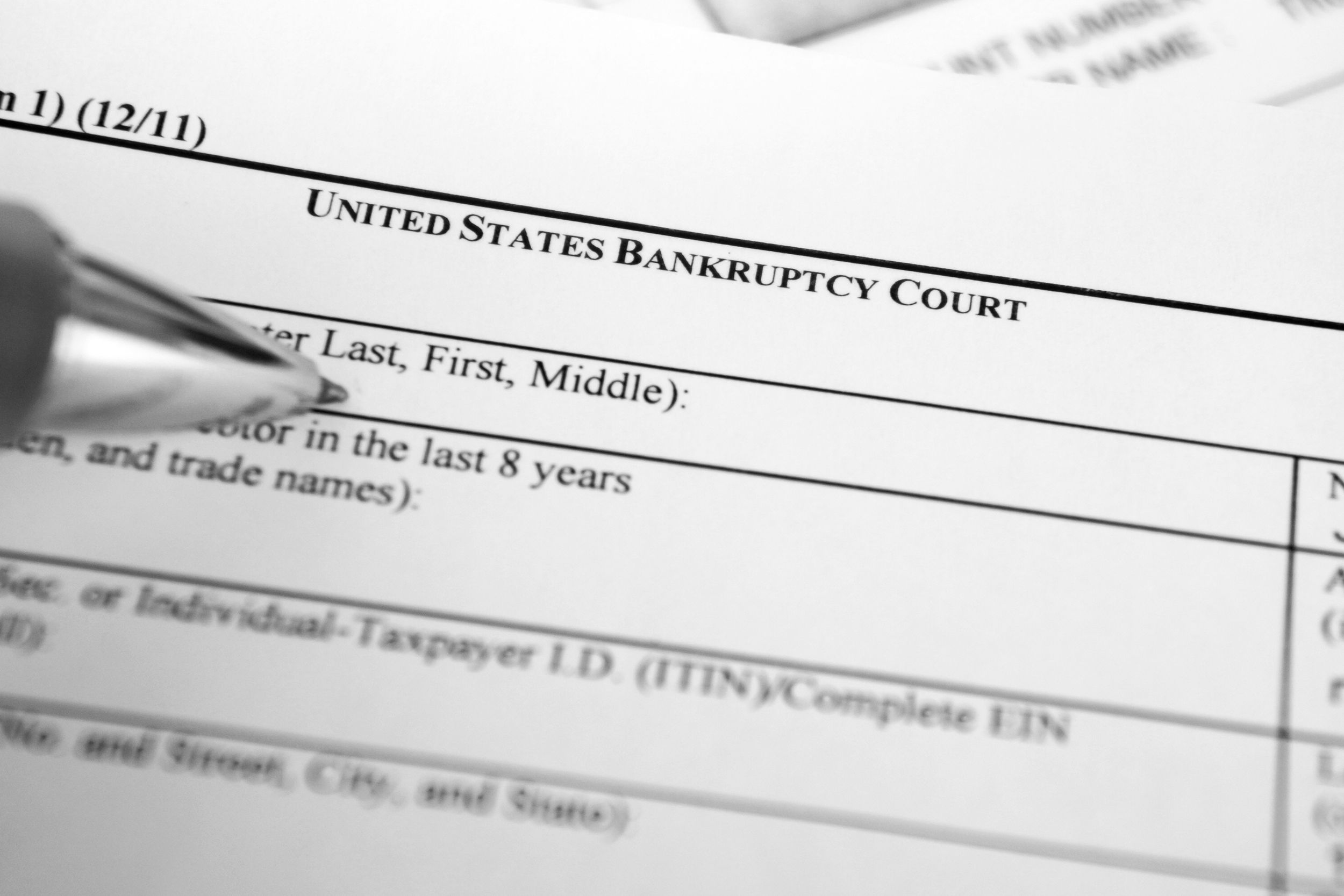
All big lottery winners have one thing in common: the likelihood that they’ll declare bankruptcy within three to five years skyrockets the second they cash in that ticket. Big lottery winners are incredibly likely to blow it all, go broke, and end up worse off than they were before they won. One of the biggest reasons is the sense of entitlement that friends and family tend to assume. Those hangers-on also tend to see the prize as bottomless, bleeding the winner of money and causing emotional distress along the way.
The Advertising Is Intentionally Misleading
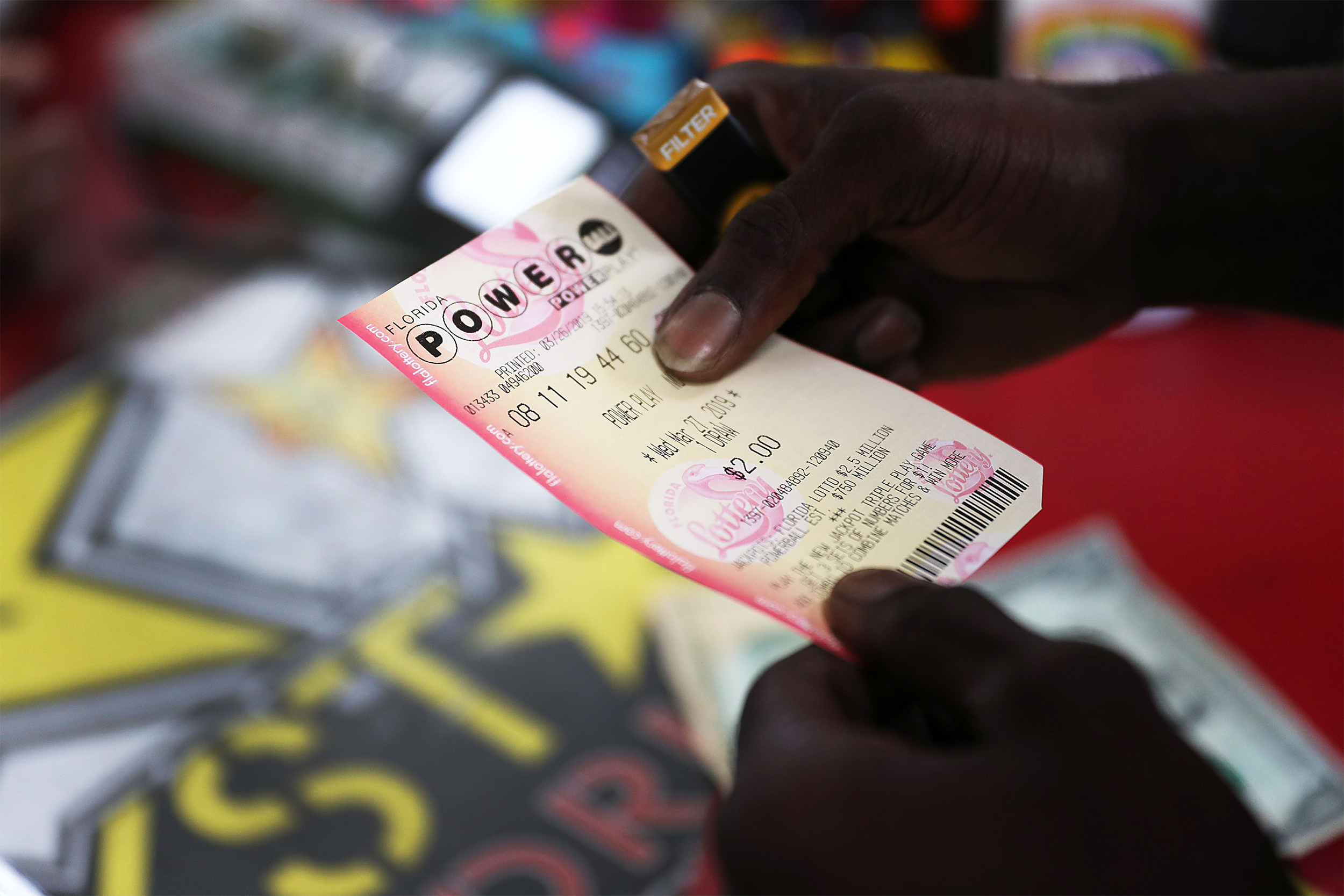
State lotteries enjoy the luxury of being exempt from federal truth in advertising laws, which means advertisers can imply that with nothing more than a ticket, a dream, and some good vibes, winning is a real possibility. They’re also allowed to downplay the odds and risks.
Trending on Cheapism
It Preys on the Poor
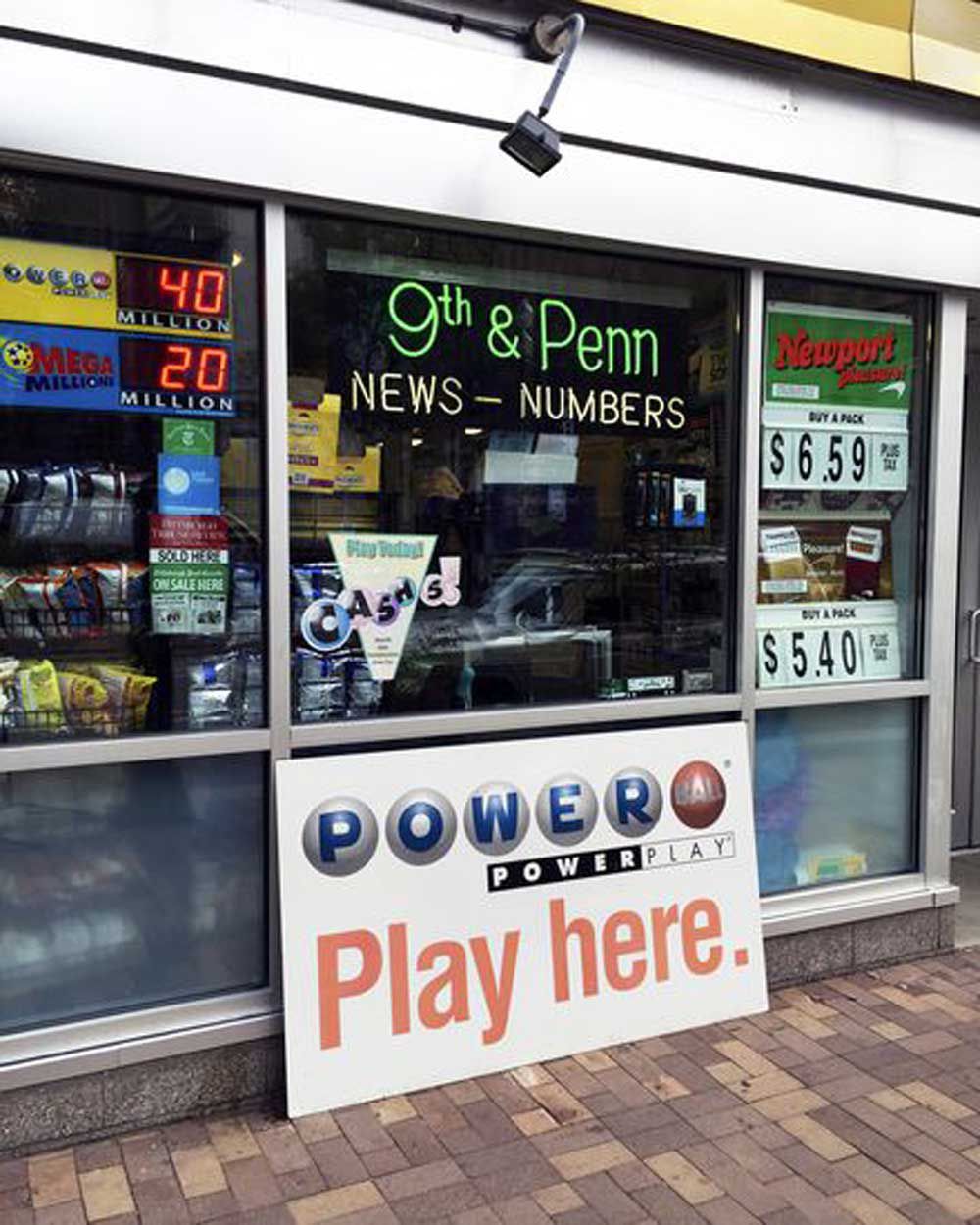
According to research by the Journal on Gambling Studies, the vast majority of tickets are sold to low-income consumers in poor neighborhoods. The poor spend much more on lottery tickets than the general population, even though they can least afford to throw their money away. Why? Because that’s where lottery-related advertising is most heavily concentrated, and that’s where the dream is sold most aggressively.
The Poor Lose Even When They Win

A hugely disproportionate number of lottery winners get state assistance. That means they’re buying lottery tickets with taxpayer-funded money that was supposed to help with necessities. States don’t forbid this activity — in fact, they encourage it by advertising so heavily in places where residents tend to get public assistance. But in a final act of retribution against the poor, many states, such as New York, confiscate prizes from anyone who gets assistance in the rare cases that they do win.
The Vast Majority of Profits Don’t Benefit Education

The feel-good story with the lottery is that even if (when) you lose, the kids win every time you buy a ticket. The proceeds, after all, benefit public education.
But in reality, that’s mostly a fantasy. First of all, the lion’s share of the profits go to funding payouts, and another huge chunk is dumped into advertising. Generally, less than $1 in $3 goes to education. Even though that’s still billions of dollars for schools, the numbers are deceiving. Legislatures anticipate the lottery profits and simply substitute that money for traditional funding instead of supplementing it as the system was designed to do.
Sign up for our newsletter
Investing Is a Much Better Bet

If you won $17,657 playing the lottery, you’d be pretty happy, right? Well, if you took the $220 that the average American adult spends on lottery tickets each year and invested it instead, that’s what you’d have after 30 years of $220 contributions, presuming a 6% return. It’s not a $1 billion jackpot, but by relying on compound interest instead of luck, you can generate a respectable windfall instead of praying for one.
